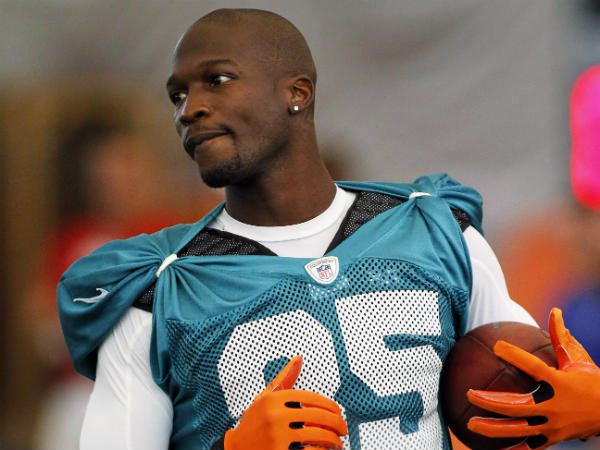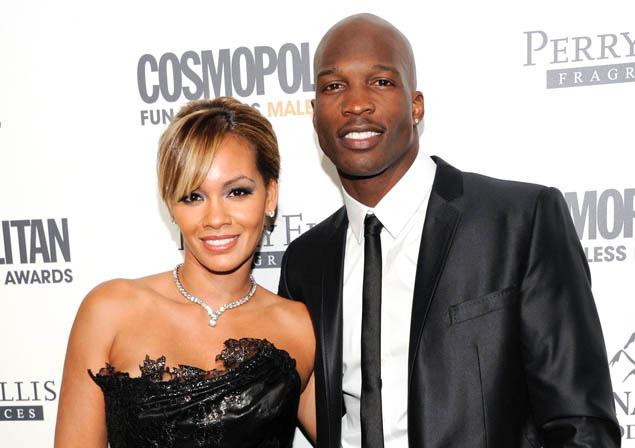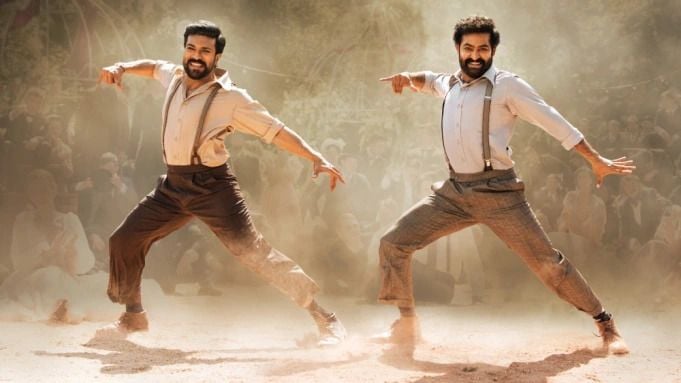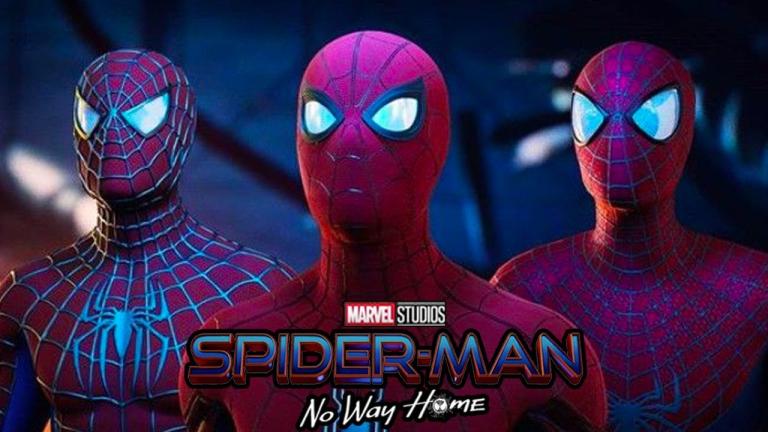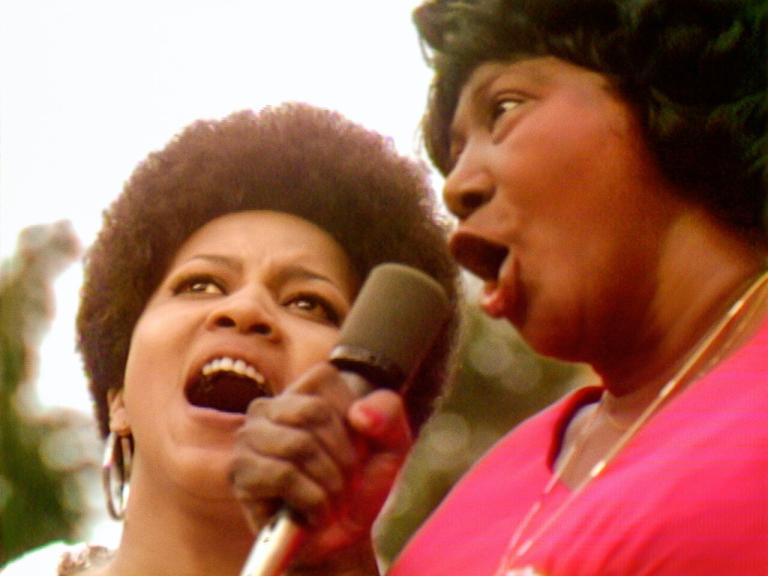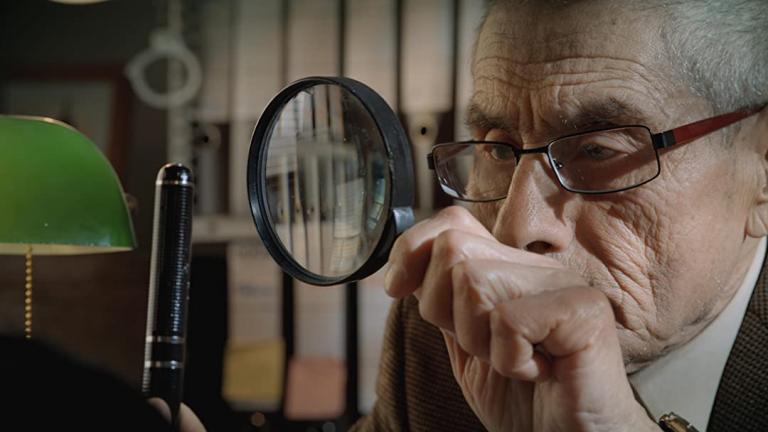The gap between news headlines and reality TV continues to shrink. Just days after Miami Dolphins’ wide receiver Chad Johnson was arrested for domestic battery, HBO’s series Hard Knocks had inside footage of Johnson being released by Coach Joe Philbin. While a high profile performer like Johnson is always bound to attract attention, never before have cameras caught the likely end of a Pro Bowl career. A private moment of great sensitivity, awkwardness, and importance is broadcast just days after it happened. How should players and fans respond?
On the series premiere (just one week earlier), the cameras caught fleeting glimpses of Johnson and his new wife, Evelyn Lozada, needling each other in a playful and somewhat passive/aggressive way. It was obvious that Johnson’s comeback and their relationship were slated as a major storyline in the series. Lozada was a regular on the reality show, Basketball Wives, and VH1 was filming their lives for another reality series. They are cozy with TV cameras.
Having struggled through his previous season with New England, Johnson reported to training camp as a newlywed with a new attitude. He even changed his name back from Ochocinco (Spanish for his number, 85) to his more mundane, given name, Johnson. So the producers of Hard Knocks were clearly aiming to document how he was performing in practice and pre-season. Is he making the catches, fitting in with the team, or reverting to the clowning that dogged much of his career?
Johnson’s profanity laced press conference became a source of conflict with buttoned-down coach Philbin. He cautioned Johnson, gently but firmly pointing out that a constant flurry of F-words drains profanity of its ability to make an impact. So why not adopt some alternative language, particularly when representing Miami to the press? Johnson was given a clear warning at the end of episode one.
So when news of his arrest hits the screen in episode two, Johnson already knew what was likely to follow. The Dolphins’ director of security, Stuart Weinstein tells Coach Philbin, “I just got a call from him and he is choked up. His voice is cracking. He thinks you’re gonna cut him.” Johnson understands: “This is probably gonna be my death penalty.” The set up for a dramatic meeting between Johnson and his Coach is set. Johnson’s nightmare is a reality TV producers’ dream.
While some might have expected a quick business-like dismissal, what HBO’s cameras catch is much more humane and drawn out. Johnson acknowledges his mistakes and apologizes, “I let you down a little bit. A lot. I understand what you’re doing, you got the message across clear the first day we met. … I understood what you wanted from me and what you expected out of me, especially after our talk — having fun with the media thing. I apologize for embarrassing you, this organization, my teammates.”
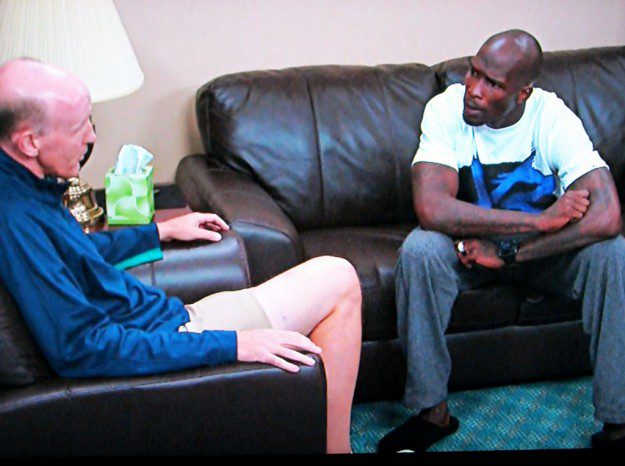
Philbin dignifies Johnson’s apology, refusing to kick him when he’s already down: “I appreciate that. I respect that. I know you’re very passionate, and I know you care about your profession. … I do my best not to fly off the handle and act irrational. It’s just, I don’t know that this is working for the benefit of you, me, the Miami Dolphins or anybody else. I think you’re a good person. Trust me, I acknowledge people make mistakes. Nobody knows that more than me.”
Johnson then tries to dig out of the hole he created, telling Philbin, “Coach, I’ve never been in trouble before. Ever. And I buy into your program, most definitely. Because after that talk we had, I was hushed from that point on. And I was gonna stay that way the entire year.”
But the public (and potentially criminal) nature of Johnson’s mistake is too big to dismiss. Philbin frames it broadly, “It’s not really just last night. It’s where we are as a program, and where you are, and where we’re headed. I just don’t see the mesh right now. I wish it was different. I wish I could tell you something more encouraging, but I just think it’s best for both of us that we kind of part ways at this point in time. It’s not like I’m trying to flex my muscle, to say, ‘I’m the head coach, and let’s make an example of Chad Johnson.’ It has nothing to do with that. It’s more about how you fit in, and how we fit in together, and where this thing is heading. Just don’t see it being where I thought it would be or what I hoped it would be. I’m sure it’s not good news; it’s not good news for us, either. But I’m certain you can overcome this thing.”
Interesting that Philbin never says, “You’re cut, you’re released, you’re gone.” But Johnson gets the message and accepts the decision, “Thank you for the opportunity. I’ve enjoyed myself. There’s not much more I can say. I appreciate it, though. Thank you for the chance.”
Philbin concludes by wishing for a different outcome, “I wish we were having a different type of a conversation, I mean that. I wish you well, I really do.”
This is not a scene that either coach or player wanted to play out before the cameras. And perhaps the way they danced around the issues demonstrates how the presence of television alters behavior. But the pain etched on both faces also reminds us that reality television still involves real people caught in awkward situations. While it is fascinating (and unprecedented) to sit as fly on the wall in such a sensitive personnel situation, this is the new ‘reality’ that all kinds of athletes, performers, wives, and even coaches now inhabit.
Given all the bad press that professional athletes have (justifiably) received, I found this episode quite humanizing. Yes, Johnson probably deserved the punishment he received for head-butting his wife. We never see Lozado or the scars of domestic violence. The victim is somewhat forgotten amidst the media hoopla. But we do the regret and the cost of such foolishness for Johnson. Hard Knocks offer plenty of teachable moments for aspiring athletes and coaches about how competitive, how cut-throat, and how pragmatic life in the NFL can be. As a fan, I may approach the material as voyeur. It may appeal to our baser instincts. But it also shows how much character still counts even in a profession of questionable virtues. That is a school of Hard Knocks that we all still need to learn from.

